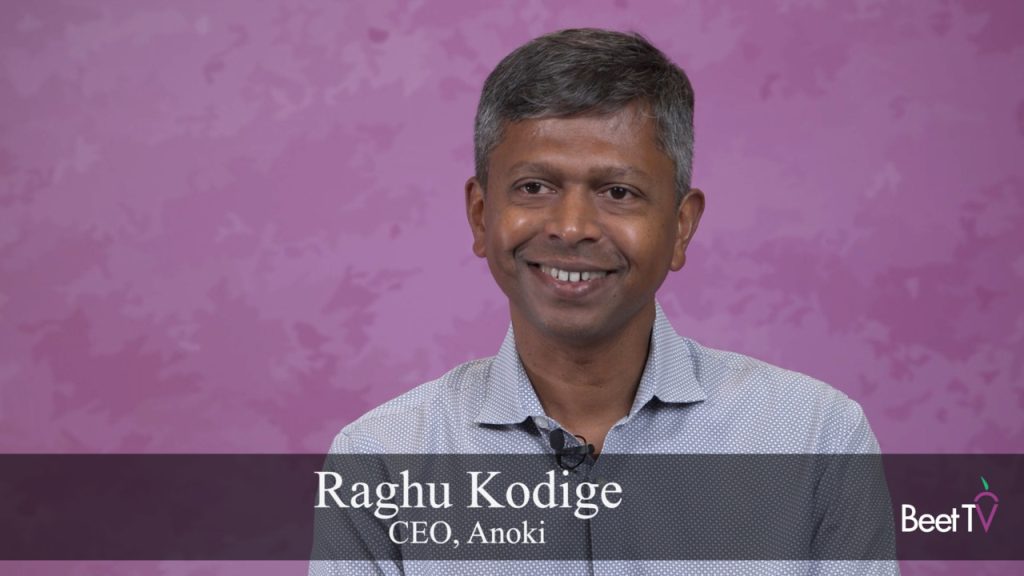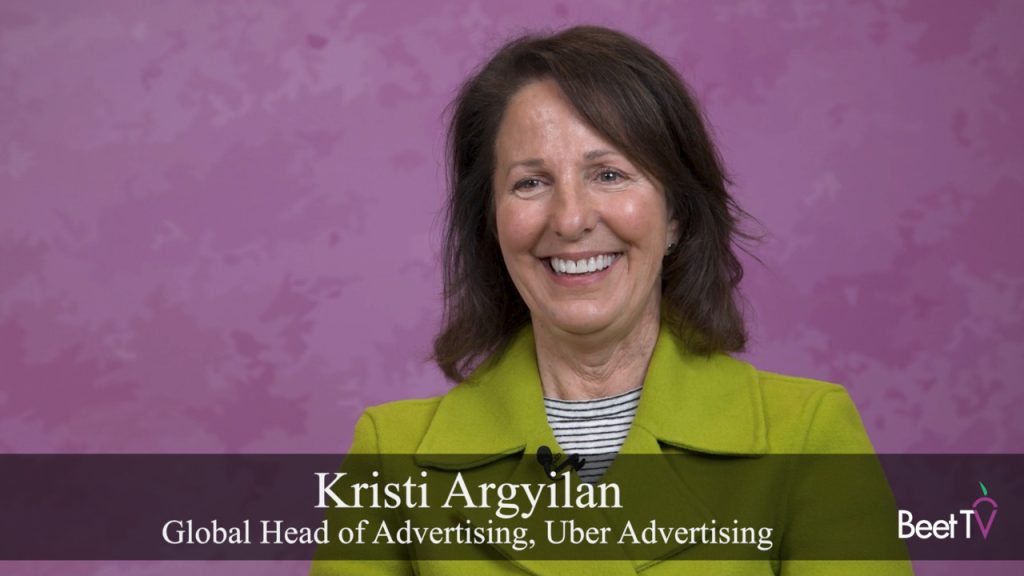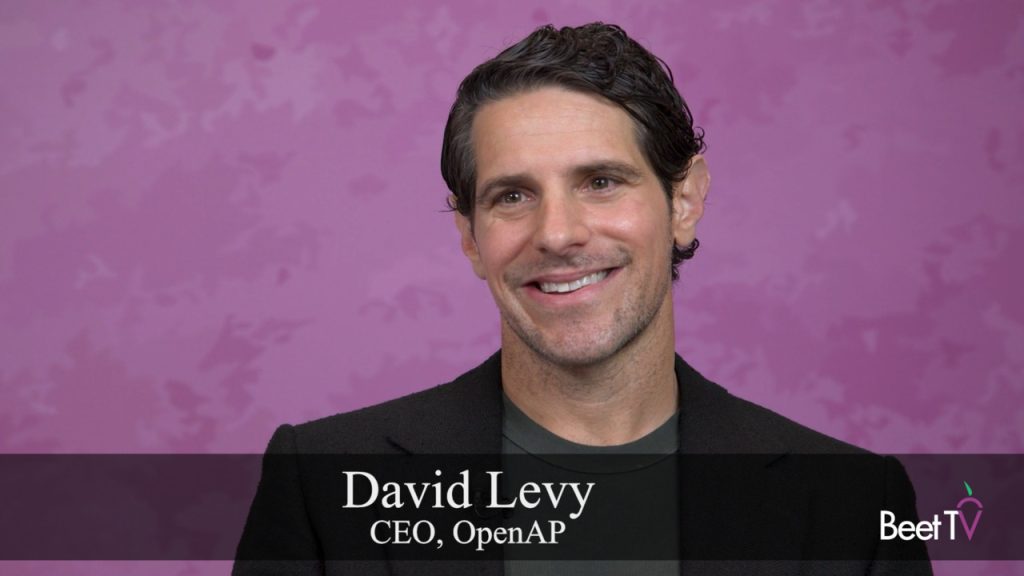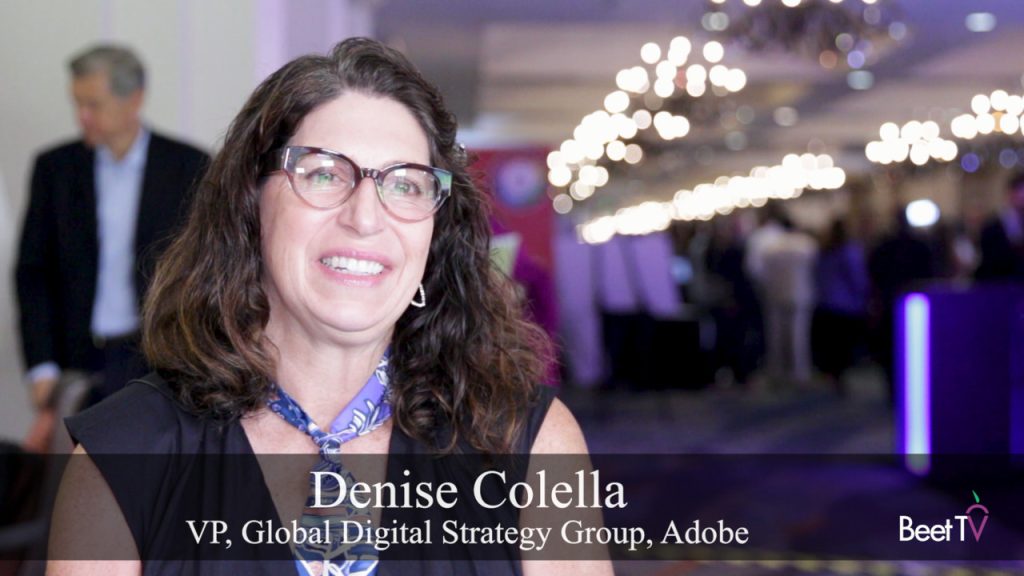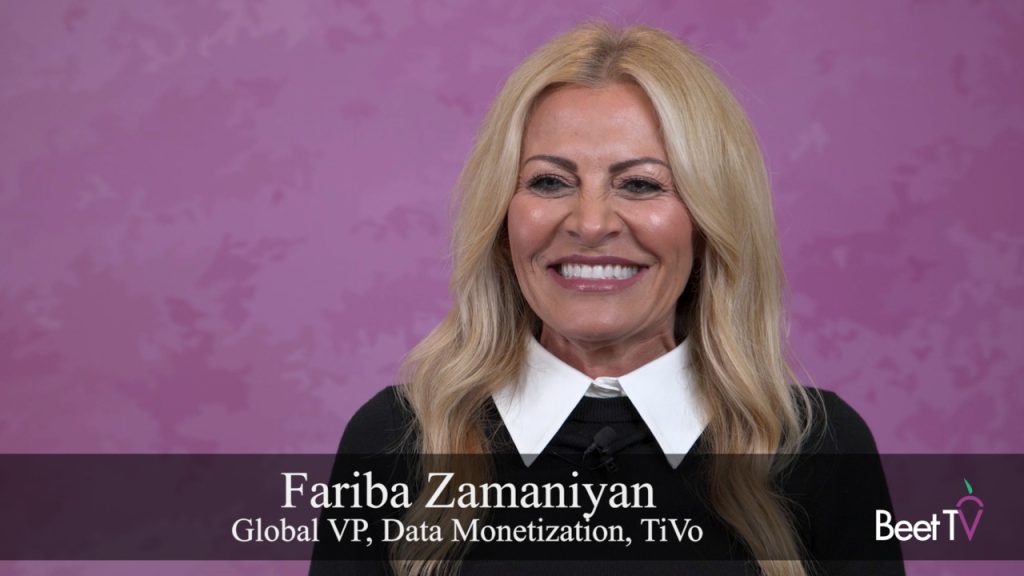LOS ANGELES – Consumers are spending time with a wider selection of media outlets, challenging advertisers to reach them with omnichannel campaigns. Amid this fragmentation, traditional linear television boasts significant scale for major brands.
“Linear still provides massive reach and scale. It provides immediacy when you think of live, linear programming – in particular, sports being a large driver of that for us,” Dan Callahan, senior vice president of data strategy and sales innovation at Fox, said in this interview with consultant Zach Rodgers at Beet.TV’s Beet Retreat.
Fox is among a handful of companies that bought the rights to air National Football League games. The live broadcasts made up 75 of the 100 most-watched programs on television last year, according to a study by Sports Business Journal.
“It’s branding impact across the board to be able to reach on average 22 million people on a Sunday at 4 p.m.,” Callahan said. “There’s still no better medium to a mass amount of people in one fell swoop.”
Linear Reach vs. Digital Targeting
While linear television has broad reach, the growing number of ad-supported streaming platforms provide the ability to target more specific groups of consumers who log into their smart TVs or connected devices. Broadcast networks promise to offer better targeting with the advent of addressable advertising, but the convergence of linear and digital television will take at least several more years, Callahan said.
“There’s a lot of pressure and promise around addressable, and the entrance of one-to-one targeting,” he said, “but linear, in my opinion, is still that mass object that is meant to reach a lot of people at once.”
Several multichannel video programming distributors (MVPDs) and makers of smart TVs offer a variety of ad targeting methods. They gather data about consumers and their viewing habits to help improve the relevance of advertising to different consumers.
“We’re starting to see more digital-style segmentation from either MVPDs and set-top boxes,” Callahan said. “There’s a lot of promise in the data that now can be returned from the smart TVs and the cable head-ins to paint a better picture who’s watching linear content.”
Content and Context
Consumers have become more mindful of their data privacy, and lawmakers in many regions have enacted regulations to give people more control over their personally identifiable information. Because privacy regulation can limit the effectiveness of ad targeting, media buyers also consider how content provides a brand-safe context for advertisers to reach different audiences. Fox’s content strategy shapes its goal to offer marketers a place to reach viewers on any platform.
“In everything we do, content sits at the center of that experience for us,” Callahan said. “Content is critical, and the ability to tie and do more with audiences through a content company holds a lot of promise.”
You are watching coverage from Beet Retreat Santa Monica 2021, presented by FreeWheel, IRIS.TV, Samba TV, TransUnion & Warner Music Group. For more videos, please visit this page.



































